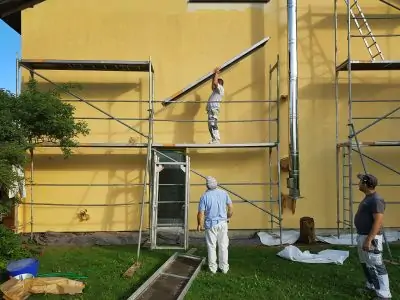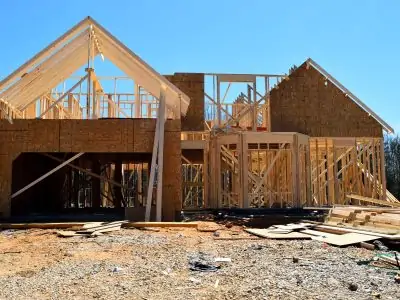When purchasing a new home, many buyers are eager to move in as quickly as possible, often overlooking important preliminary steps. One critical step is a thorough home inspection, a process that ensures the property meets necessary standards. Spending money on a home inspection before moving can provide significant benefits, including peace of mind and financial savings over time.
Can a Home Inspection Save You Money in the Long Run?
Initially, the idea of spending additional money on a home inspection might seem like an unnecessary expense. However, a home inspection can identify potential issues early, preventing future costly repairs. For instance, issues with the foundation, roof, plumbing, or electrical systems can be very expensive to fix if left untreated. Addressing these problems before they escalate can save thousands of dollars in the long run.
Moreover, home inspections can uncover safety hazards that could lead to accidents, such as uneven walkways or loose floorboards. According to NOLO, nine of the most common causes of slip and falls include: wet or slippery pavement; icy walkways; broken wiring; newly painted or varnished surfaces; chipped, missing, or broken tiles and floorboards; loose carpet; broken or missing steps; uneven sidewalks; and accidents due to cluttered retail products within stores. By identifying these risks, you can take preventative measures to protect your family and avoid potential medical costs.
In addition to uncovering major issues, a thorough inspection can also reveal minor repairs that could add up over time. Small leaks, faulty appliances, and insulation problems might not seem urgent, but they can lead to higher utility bills and gradual damage. By addressing these issues promptly, you can maintain the home’s value and efficiency, ultimately saving money over the years.
What Are the Common Issues Found During Home Inspections?
Home inspections cover a broad range of potential problem areas within a property. Common issues frequently identified include structural damage, such as cracks in the foundation or walls. These problems can compromise the home’s stability and require expensive repairs. Additionally, roof damage like missing shingles or leaks is another frequent discovery, which can lead to water damage and mold growth.
Electrical problems are also a primary concern during inspections. Faulty wiring, outdated electrical panels, and insufficient grounding pose severe safety risks and can cause fires. Issues with plumbing, such as leaky pipes, clogged drains, or outdated sewage systems, are other common findings. These problems can lead to water damage, lower water pressure, and even health hazards due to contamination.
Furthermore, inspections often reveal air quality issues related to HVAC systems and air ducts. According to the EPA, air duct cleaning is important to remove two things: dust and allergens. Poor air quality can affect your family’s health, especially if anyone suffers from respiratory conditions. Ensuring that these systems are clean and functional is essential for maintaining a healthy living environment.
How Does a Home Inspection Impact Your Negotiation Power?
A comprehensive home inspection provides valuable information that can significantly influence negotiations with the seller. Discovering major issues allows buyers to request repairs or negotiate a lower purchase price to account for the anticipated repair costs. This leverage can lead to significant savings that more than justify the inspection investment.
Additionally, knowing the home’s current condition can influence your decisions regarding future upgrades. According to Attainable Home, hybrid water heaters can decrease the amount of electricity you use by 63%. If an inspection shows that the current water heater is inefficient, you could negotiate for its replacement, potentially opting for a more energy-efficient model. This not only adds value to the home but also reduces long-term utility costs.
Conclusion
Investing in a thorough home inspection before moving can provide invaluable benefits, including financial savings, enhanced safety, and stronger negotiation power. While it may initially seem like an additional expense, the long-term advantages far outweigh the costs. By identifying and addressing potential issues early, you can ensure a safer, more efficient, and ultimately, more cost-effective living environment.






